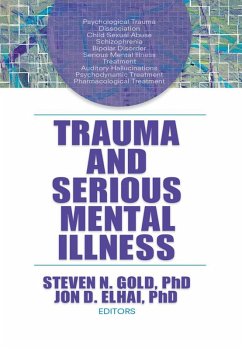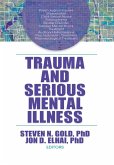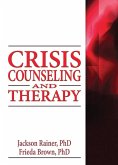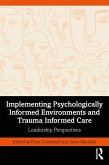For decades, the idea that serious mental illnesses (SMIs) are almost exclusively biologically-based and must be treated pharmacologically has been commonplace in psychology literature. As a result, many mental health professionals have stopped listening to their clients, categorizing their symptoms as manifestations of neurologically-based disturbed thinking. Trauma and Serious Mental Illness is the groundbreaking series of works that challenge this standard view and provides a comprehensive introduction to the emerging perspective of SMIs as trauma-based. This unique collection illustrates how different psychotherapy approaches can lead to reduced symptomatology, decreased psychological distress, and improved functioning in individuals living with SMIs.
Dieser Download kann aus rechtlichen Gründen nur mit Rechnungsadresse in A, B, BG, CY, CZ, D, DK, EW, E, FIN, F, GR, HR, H, IRL, I, LT, L, LR, M, NL, PL, P, R, S, SLO, SK ausgeliefert werden.









